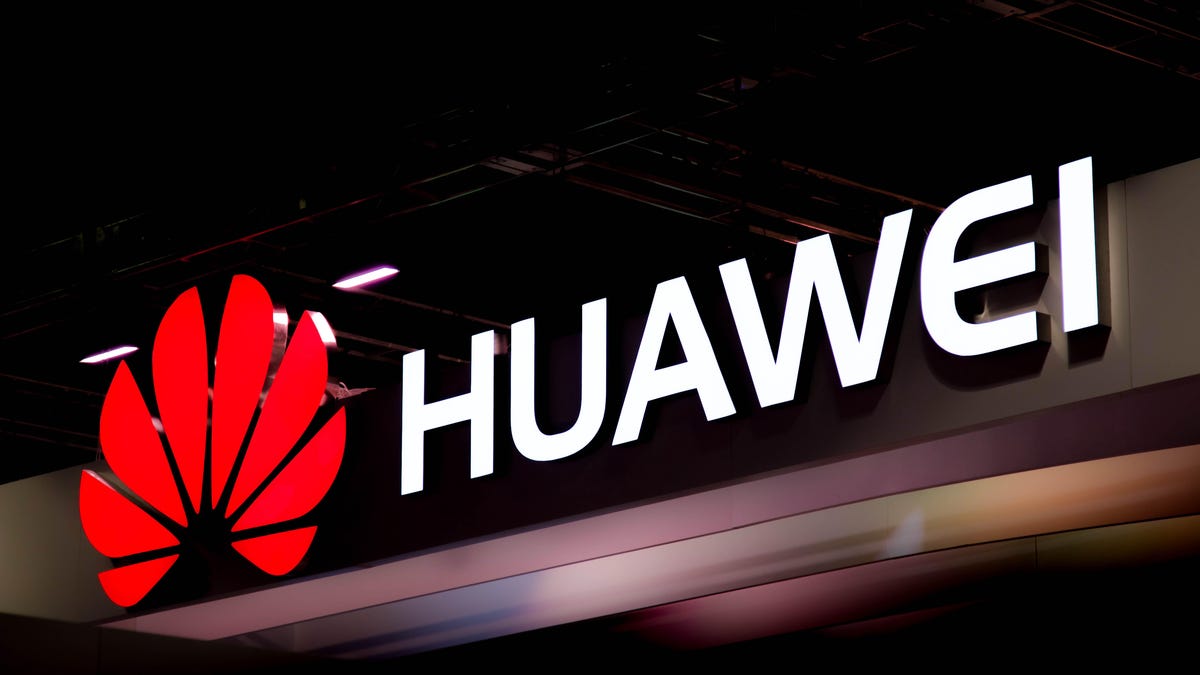Huawei tested facial recognition that ID'd Uighur Muslims, set off alarm: report
The Chinese government has frequently used surveillance technology to oppress the minority population.

Huawei reportedly tested a "Uighur Alarm" feature on its network of cameras, with Megvii's facial recognition technology.
The Chinese tech giant Huawei and artificial intelligence company Megvii developed and tested facial recognition software that triggered alerts whenever the technology detected Uighur Muslims, according to an internal document obtained by researcher IPVM and provided to The Washington Post.
The document dates back to January 2018, when Huawei tested Megvii's Face++ facial recognition on its network of cameras and gave a passing grade to its ability to recognize people's age, gender and ethnicity. The test report also highlighted a passing grade for a "Uyghur Alarm" -- an alert designed specifically to identify members of the oppressed minority population in China.
The Chinese government has used surveillance technology including facial recognition in a myriad of ways to oppress Uighur Muslims. The government's actions against Uighur Muslims include what's been described by US lawmakers as "the largest mass incarceration of a minority population in the world today," with an estimated 1 million people detained by the Chinese government.
Chinese tech companies are helping with this: facial recognition, surveillance cameras and voice recognition are all being used to track and identify Uighur Muslims in the country. In Oct. 2019, the US Commerce Department blacklisted eight Chinese companies for contributing to human rights abuses against the minority population.
While you might recognize Huawei as the second-largest phone maker in the world, the company is also China's biggest tech company and supplies surveillance cameras both across the country and internationally.
Megvii is among the eight blacklisted Chinese companies, and one of the largest facial recognition providers in the world. Its technology is used across China in connection with daily activities like getting on trains and entering offices.
The document detailing Huawei and Megvii's tests was labeled as confidential, but IPVM discovered it publicly available on Huawei's European website. It's since been removed, after the Post reported on the discovery.
"This report is simply a test and it has not seen real-world application. Huawei only supplies general-purpose products for this kind of testing. We do not provide custom algorithms or applications," Huawei said in a statement.
The Chinese tech giant didn't explain why it would need to test a technology designed to target an oppressed minority group.
Megvii didn't respond to a request for comment but told IPVM that its technology is "not designed or customized to target or label ethnic groups," despite the test with Huawei involving just that.
Huawei and Megvii aren't the only Chinese tech companies that've offered facial recognition capabilities to identify and track Uighur Muslims. Hikvision, the world's largest surveillance camera provider, also marketed its abilities to identify the population, according to a Nov. 2019 report by IPVM.
The Chinese government has also used malware and phone hacking to target Uighur Muslims. In March, a group of 17 US senators called out China for using facial recognition technologies as "instruments of state power."
Facial recognition tech raises privacy concerns because of its ability to track and identify people on a mass scale. Police in the US have used it to track and identify protesters, despite the United Nations' human rights chief calling for a moratorium against the practice.

